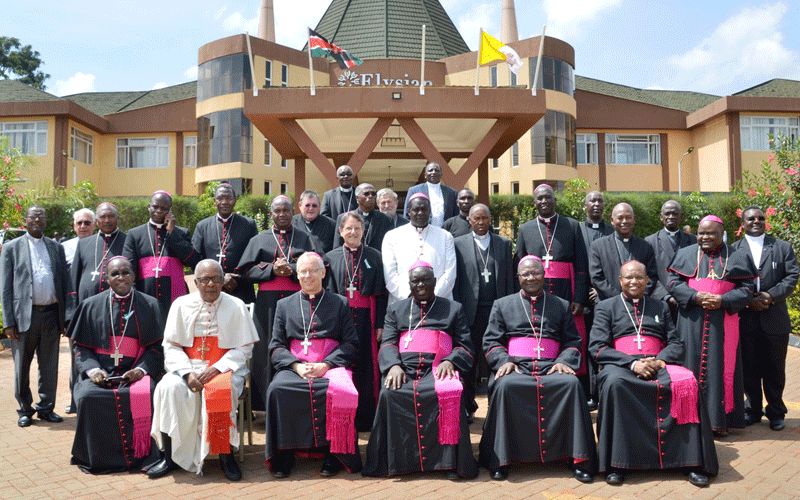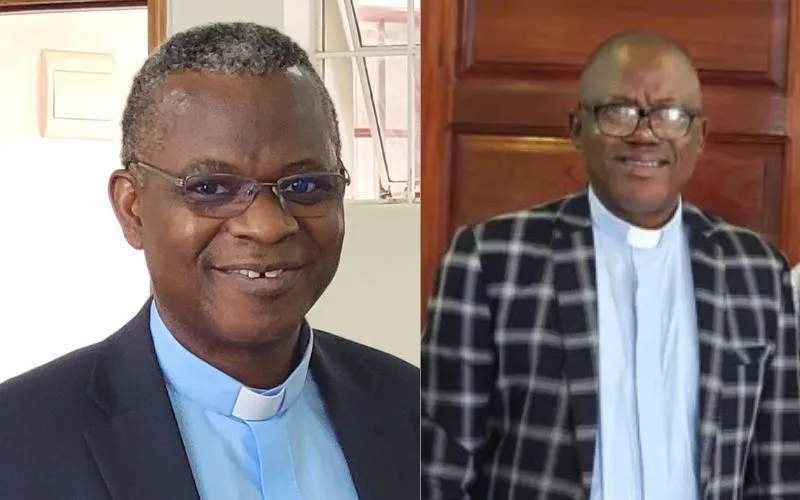IREC refers to the Independent Review Commission on the General Elections held in Kenya on 27 December 2007.
Recognizing the need to dignify the losers in an election, the Prelates representing the 26 Episcopal Sees in the country have expressed the need to “adequately address the problem of the winner takes it all,” an issue, they say, has been identified but not conclusively addressed in the report.
To control political temperatures as the 2022 general elections near, the Bishops have affirmed the need to “come up with clear mechanism on how to handle people involved in incitements, ethnic mobilization, hate-speech and violence; this applies especially to those who wish to contest in the elections."
To control corruption, the Prelates have stated the need to harmonize statutes in the Kenyan constitution in order to seal loopholes that provide a fertile ground for corrupt officials to run for office.
“The following form part of the areas that need further dialogue and consensus building: How to handle people who have been alleged to have abused a State office yet vying for elective positions. This article 99 (3) of the Constitution contradicts the provision of Chapter 6 of the Constitution and the Integrity and Leadership,” the Prelates have stated in the statement signed on their behalf by KCCB Chairman, Archbishop Philip Anyolo.
Other areas highlighted in the four-page statement include the calculation of national revenue based on the last audited accounts rather than on the current revenues and national budget; the proposal that the Independent Electoral and Boundaries Commission (IEBC) Commissioners be nominated by Parliamentary Political Party Leaders; and the high cost of carrying out elections, political parties’ nominations, and voter bribery in Kenya.
The Shepherds have also called for dialogue on how to address the crisis as identified by BBI on the family, youth and society, and Gender Based Violence; how to respect the principle of subsidiarity; and the need to further dialogue and deliberations especially on how to make Institutions work effectively.
Acknowledging the spirit of the BBI process as being “to reconcile and unite Kenyans, and foster co-existence and cohesion,” the Bishops have called on all Kenyans “to deliberately read the content of BBI report and to avoid politicizing and being divisive on the same.”
The Church leaders have committed themselves to engaging “the political leaders and key sectors across the divide, including the private sector and other Non-State Actors, to develop consensus on the issues raised, and on the best way to carry the process forward.”
To ensure that every citizen understands the report, the Prelates have undertaken to “provide a structured civic education to ensure that Kenyans make informed choices” and to also “continue to provide the platform for mediation and diplomacy.”








